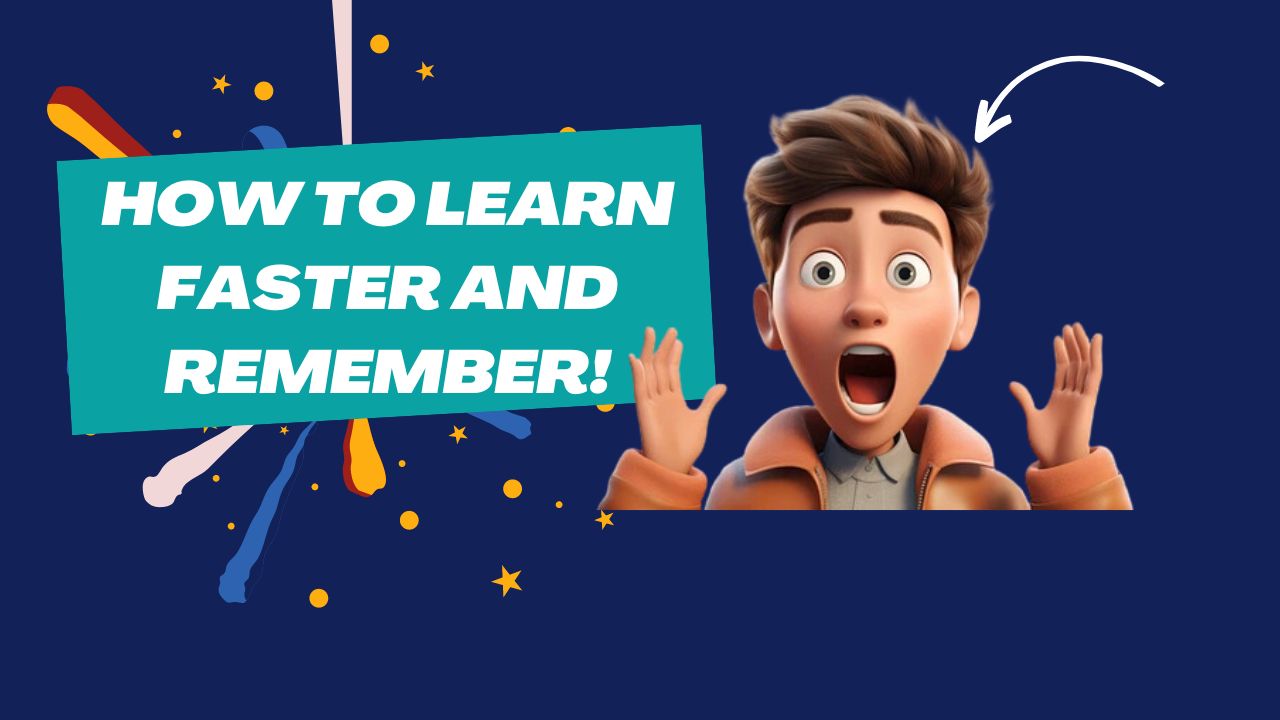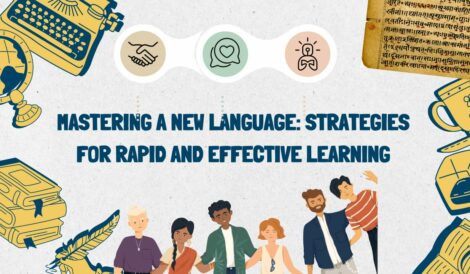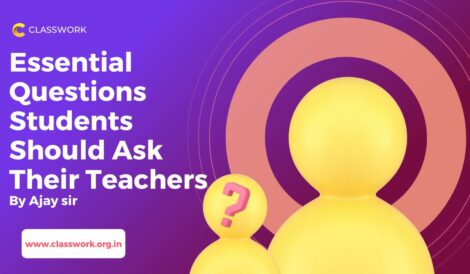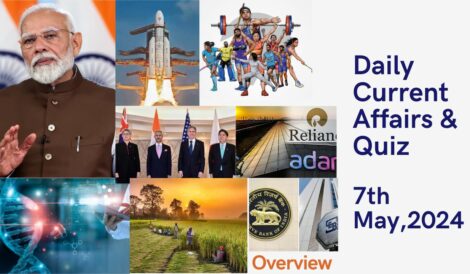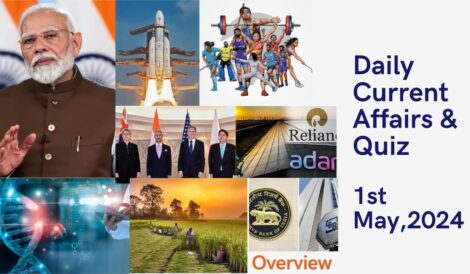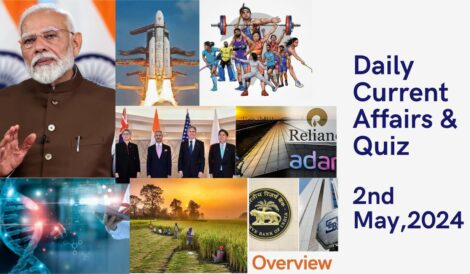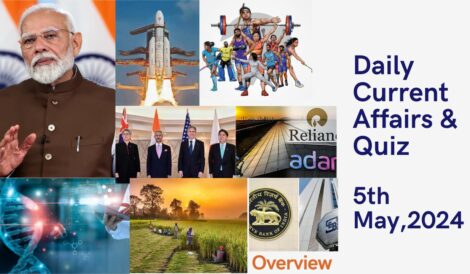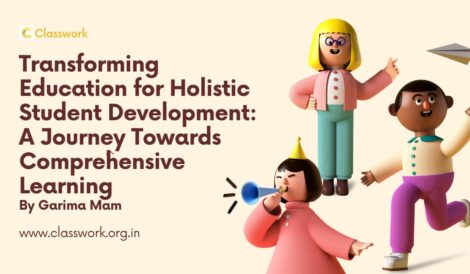- Posted on
- No Comments
How to Learn Faster and Remember
Learning faster and retaining information effectively are skills coveted by many, and throughout history, great minds have shared invaluable tips and strategies to expedite the learning process and enhance memory retention. In this post, we’ll explore these top insights from renowned figures and experts, offering practical advice to help you learn faster and remember more efficiently.
Embrace the Power of Visualization:
As our Ancient Vedas have mentioned ‘Visualization’ is a potent tool for accelerating learning and enhancing memory. In the Bhagavad Gita, Lord Krishna encourages the practice of visualization, stating, “Whatever the state of being one remembers when he quits his body, that state he will attain without fail.” Visualize concepts and knowledge with clarity and intensity, tapping into the potent force of imagination to engrain information deeply into the mind.
Practice Active Learning:
The ancient text of the Upanishads emphasizes the importance of active engagement in learning, stating, “Not by wealth, progeny or noble deeds, but by the thirst for knowledge alone, can one attain immortality.” Actively participate in your learning journey through inquiry, reflection, and application, thereby igniting the flame of knowledge within.
Utilize the Feynman Technique:
Nobel Prize-winning physicist Richard Feynman advocated for the Feynman Technique as a method for mastering complex topics. Simplify concepts by explaining them in plain language to others, identify gaps in your understanding, and revisit areas of difficulty until they become clear.
Apply the Pomodoro Technique:
The Pomodoro Technique, developed by Francesco Cirillo, is a time management method that breaks work into intervals with short breaks in between. Allocate focused study sessions of 25 minutes, followed by a brief rest period, to maintain concentration and maximize productivity.
Engage in Spaced Repetition:
Spaced repetition is a learning technique based on the psychological spacing effect, which suggests that information is better retained when reviewed over spaced intervals. Leverage spaced repetition software or create flashcards to review material at optimal intervals and reinforce memory retention.
Embrace Multisensory Learning:
Engage multiple senses in the learning process to enhance comprehension and memory retention. Educational psychologist Howard Gardner’s theory of multiple intelligences highlights the importance of incorporating auditory, visual, kinesthetic, and tactile modalities into learning activities.
Engage in Spaced Repetition:
The concept of smriti, or memory, as described in the Vedas, underscores the importance of repetition in memory retention. Employ spaced repetition techniques to revisit and reinforce learning material at optimal intervals, nurturing deep-rooted memories that endure over time.
Embrace Multisensory Learning:
In the teachings of the Yoga Sutras of Patanjali, the practice of Dharana, or concentration, encompasses the integration of all senses in focused attention. Embrace multisensory learning experiences that stimulate auditory, visual, kinesthetic, and tactile modalities, enhancing comprehension and memory.
Foster Curiosity and Passion:
Renowned physicist and educator Carl Sagan emphasized the importance of curiosity and wonder in the pursuit of knowledge. Cultivate a genuine interest and passion for the subject matter to fuel motivation, curiosity-driven exploration, and deep learning.
Leverage the Method of Loci:
The method of loci, also known as the memory palace technique, is an ancient mnemonic device used to improve memory. Associate pieces of information with specific locations in a familiar environment, such as rooms in a house, to create a mental map for easy recall.
Practice Mindfulness and Focus:
Mindfulness practices, such as meditation and deep breathing exercises, can enhance focus, concentration, and cognitive function. Nobel laureate physicist and philosopher Herbert A. Simon advocated for mindful attention as a key component of effective learning and problem-solving.
Teach to Learn:
The act of teaching others reinforces your understanding and retention of information. As educator Maria Montessori famously said, “The greatest sign of success for a teacher… is to be able to say, ‘The children are now working as if I did not exist.'” Share your knowledge with others to solidify learning and deepen comprehension.
**These techniques and points are just for reference as there can be other methods also depending on people and places however by incorporating these insights from visionary thinkers into your learning approach, you can accelerate your learning process, boost memory retention, and unlock your full potential for intellectual growth and achievement. Embrace these strategies with curiosity, passion, and dedication, and watch as your capacity for learning and remembering expands beyond measure.

